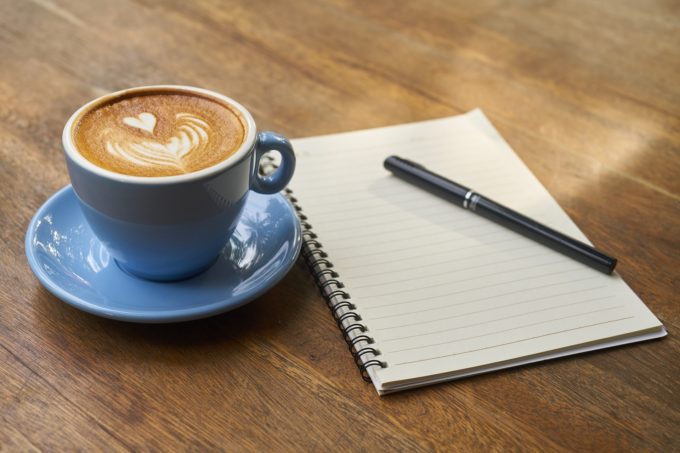Opinion & Injunction, The Museum of Modern Art v. MoMaCha IP LLC et al, No. 1:18-cv-03364 (S.D.N.Y. Sep. 28, 2018), opinion hosted by IPWatchdog.
The Museum of Modern Art (“Museum”) prevailed in its efforts to preliminarily enjoin a New York City café from using marks the Museum alleges infringe on its “MoMA” trademark. MOMOCHA Café (“Café”) may no longer use its “MOMA” and “MOMOCHA” marks while the case is pending.
Judge Louis L. Stanton of the Southern District of New York ruled that the similarity between the Museum and Café’s marks likely created consumer confusion that would cause irreparable harm to the Museum. Weighing the Polaroid factors, Judge Stanton concluded that the Café’s mark was likely to suggest that the Café and the Museum were associated. Polaroid Corp. v. Polarad Elecs. Corp., 287 F.2d 492, 495 (2d Cir. 1961). His opinion touched on, among other considerations, the similarity of the marks, whether the Café had deliberately infringed on the Museum’s mark, the parties’ competitive proximity, and actual confusion among consumers.
The judge found the marks highly similar and inferred that MOMACHA more likely than not used Museum's mark in bad faith. Like the Museum’s logo, the Café’s original mark was printed in black and white and capitalized both ‘M’s in its name. Moreover, the Café’s mark used font that resembled the Museum’s proprietary “MoMA Gothic” font. Moreover, the Café’s logo designer had “numerous photos” of the Museum’s exhibits, which “demonstrate[d] that she frequented the Museum’s locations and was aware of the Museum’s logo.”
The Museum and Café also appeared to operate in competitive proximity according to the opinion. Both establishments sell art and beverages, and are located in the same geographic market. Café customers’ posts about MOMOCHA included hashtags like “#museum” and “#gallery” and “#newyorkart”, which convinced the court of the “relatedness of services in the consumers’ minds.”
Social media posts confirmed that some consumers had actually confused the Museum and Café as affiliated entities. One such post included a picture of a beverage from the Café along with the caption, “[w]hen a museum makes Machas.”
The Café claimed that it had eliminated consumer confusion by altering the font on its mark as well as posting signs disclaiming any relationship to the Museum, but the court found its arguments unconvincing. A least one customer believed that the café was affiliated with the Museum even after these steps were taken according to her Yelp review.
Ultimately, Judge Stanton granted the preliminary injunction because he believed that consumer confusion about the Café’s relationship with the Museum would irreparably damage “the museum’s reputation and goodwill.” The Judge’s concern was not that the Café offered inferior goods, but that its products did not align with the Museum’s brand. One social media post, for example, included one of the Café’s cannabidiol-infused lattes “decorated with foam art in the shape of a marijuana leaf.” The Judge worried that consumers who saw the post would come to believe that the Museum sold beverages with ingredients derived from cannabis.
The controversy is ongoing. After Judge Stanton issued the preliminary injunction, the Café changed its mark from “MOMOCHA” to “MAMACHA.” The Museum responded with a cease and desist letter to the Café’s attorney, arguing that “[c]hanging the ‘O’ in MOMACHA to an ‘A’ merely indicates...continued contempt for MoMA’s trademark rights.”
